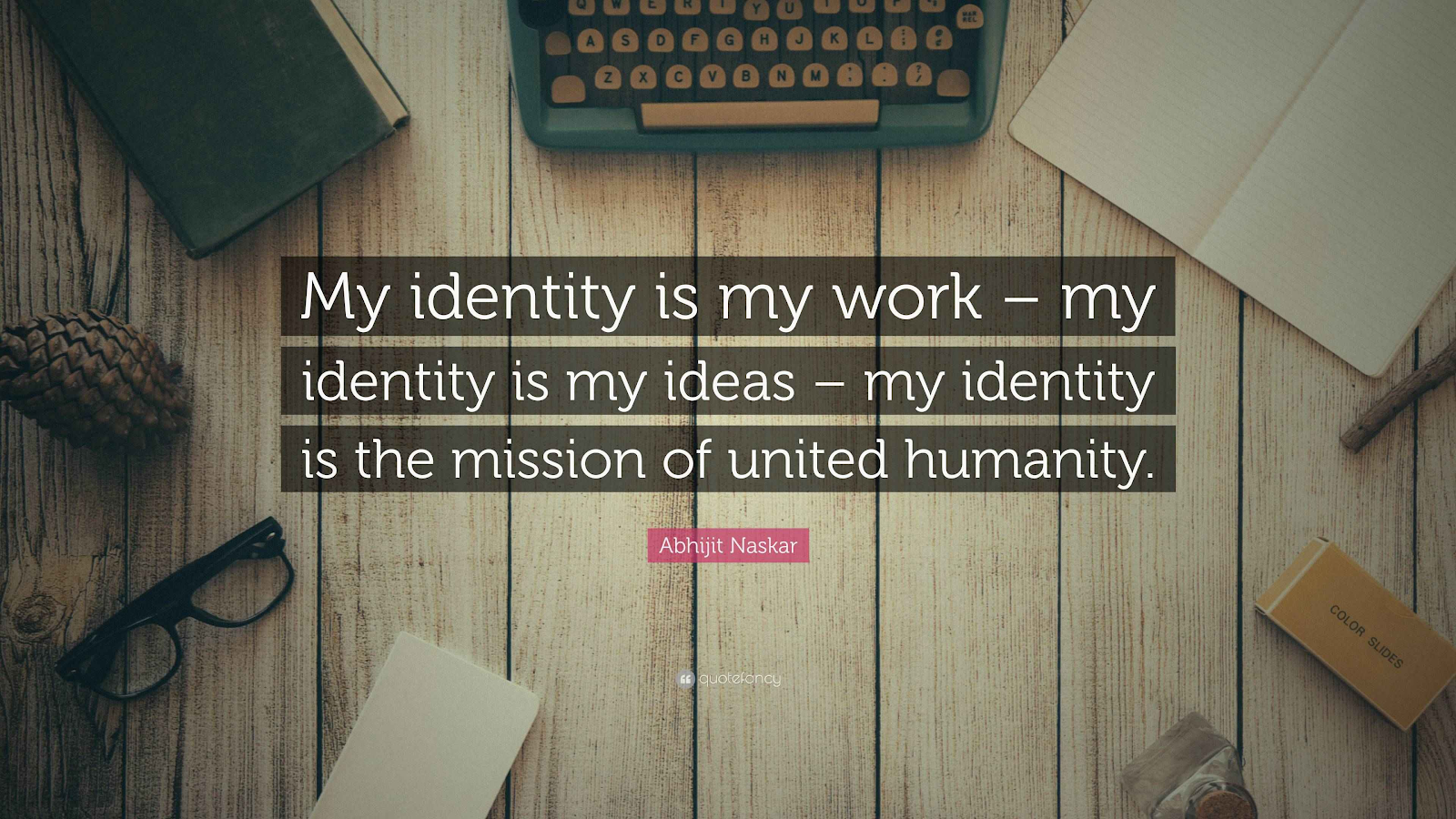Productivity is the New Anxiety Drug — and We’re All Addicted
In a world that worships hustle, productivity has become a socially acceptable addiction. This blog explores the dark side of the "cult of busy" through humor, data, personal insights, and an HR lens on burnout and recovery.
🚨 “You’re so busy!” – A Compliment or a Cry for Help?
I used to feel a strange pride when someone said, “You’re always so busy!” Like I was being knighted into the royal order of The Hustlers. My Google Calendar looked like modern art. My to-do lists had their own to-do lists. And deep down, I believed: If I’m not constantly doing something, am I even worth anything?
Turns out, I wasn’t alone — and I wasn’t okay.
💊 Productivity: The New Anxiety Drug
In 2025, being busy is the ultimate status symbol. But let’s call it what it really is — a socially sanctioned form of addiction.
According to a 2024 Deloitte study, 82% of employees report feeling emotionally drained at work, and over 60% struggle to switch off after office hours, thanks to the rise of “productivity guilt.”
Productivity guilt (noun): That sneaky, suffocating feeling that you should be doing something more, even when you’re doing everything.
And it’s not just a corporate phenomenon — students, freelancers, entrepreneurs, even home makers are chasing productivity highs like lab rats on Red Bull.
😂 A Little Humor: Signs You Might Be Addicted to Productivity
-
You write tasks you’ve already completed just to cross them off.
-
Your smartwatch asks if you’re okay.
-
Meditation makes you anxious because it’s “unproductive.”
-
You answer emails while peeing. (Yes, it’s a thing.)
If you laughed, winced, or nodded — this blog is your intervention.
💼 From an HR/OD Lens: Burnout Isn’t a Buzzword — It’s a Business Crisis
As an HR & OD professional, I’ve seen it up close: burnout isn't just bad for employees — it’s toxic for organizations.
According to Gallup, burned-out employees are 63% more likely to take a sick day and 2.6x more likely to be actively seeking a new job.
Let me give you a quick real-life example:
At one organization I worked with, the top-performing team also had the highest turnover. When we dug deeper, we found that employees felt invisible, overwhelmed, and terrified to slow down. One manager said, “I don’t take leave — I feel guilty if I do.”
We introduced a radical idea: mandatory rest hours. No calls. No emails. Just recovery. Within 3 months, productivity dipped briefly — then soared. Creativity, retention, and even team morale skyrocketed.
Sometimes slowing down is the fastest way forward.
🌱 So What Can We Do? Practical Recovery Tips
1. Schedule white space
Leave intentional unplanned blocks in your calendar. That’s where your brain breathes.
2. Redefine success
Success isn't always about output. Sometimes it’s about impact, alignment, or just peace.
3. Set “Done for the Day” rituals
Light a candle, shut your laptop, walk away — teach your brain to recognize “work’s over.”
4. Organizational Fixes (HR folks, this one’s for you!)
-
Ditch the “always available” mindset.
-
Reward outcomes, not hours.
-
Prioritize mental health days.
-
Train managers to model balance.




Comments
Post a Comment